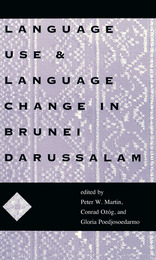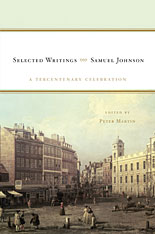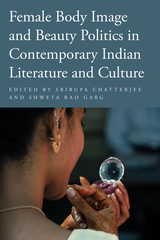
The oil-rich sultanate of Brunei Darussalam is located on the northern coast of Borneo between the two Malaysian states of Sarawak and Sabah. Though the country is small in size and in population, the variety of language use there provides a veritable laboratory for linguists in the fields of Austronesian linguistics, bilingual studies, and sociolinguistic studies, particularly those dealing with language shift.
This useful reference is divided into three sections: one on varieties of the Malay language used in the country, one on other indigenous languages, and one on the role and form of the English used there. Contributors to the collection include Bruneian scholars as well as established experts in the fields of Austronesian linguistics, sociolinguistics studies, and the description of new varieties of English.

Bewigged, muscular and for his day unusually tall, adorned in soiled, rumpled clothes, beset by involuntary tics, opinionated, powered in his conversation by a prodigious memory and intellect, Samuel Johnson (1709–1784) was in his life a literary and social icon as no other age has produced. “Johnsonianissimus,” as Boswell called him, became in the hands of his first biographers the rationalist epitome and sage of Enlightenment. These clichés—though they contain elements of truth—distort the complexity of the public and private Johnson. Peter Martin portrays a Johnson wracked by recriminations, self-doubt, and depression—a man whose religious faith seems only to have deepened his fears. His essays, scholarship, biography, journalism, travel writing, sermons, fables, as well as other forms of prose and poetry in which he probed himself and the world around him, Martin shows, constituted rational triumphs against despair and depression. It is precisely the combination of enormous intelligence and frank personal weakness that makes Johnson’s writing so compelling.
Benefiting from recent critical scholarship that has explored new attitudes toward Johnson, Martin’s biography gives us a human and sympathetic portrait of Dr. Johnson. Johnson’s criticism of colonial expansion, his advocacy for the abolition of slavery, his encouragement of women writers, his treatment of his female friends as equals, and his concern for the underprivileged and poor make him a very “modern” figure. The Johnson that emerges from this enthralling biography, published for the tercentenary of Johnson’s birth, is still the foremost figure of his age but a more rebellious, unpredictable, flawed, and sympathetic figure than has been previously known.

READERS
Browse our collection.
PUBLISHERS
See BiblioVault's publisher services.
STUDENT SERVICES
Files for college accessibility offices.
UChicago Accessibility Resources
home | accessibility | search | about | contact us
BiblioVault ® 2001 - 2024
The University of Chicago Press









